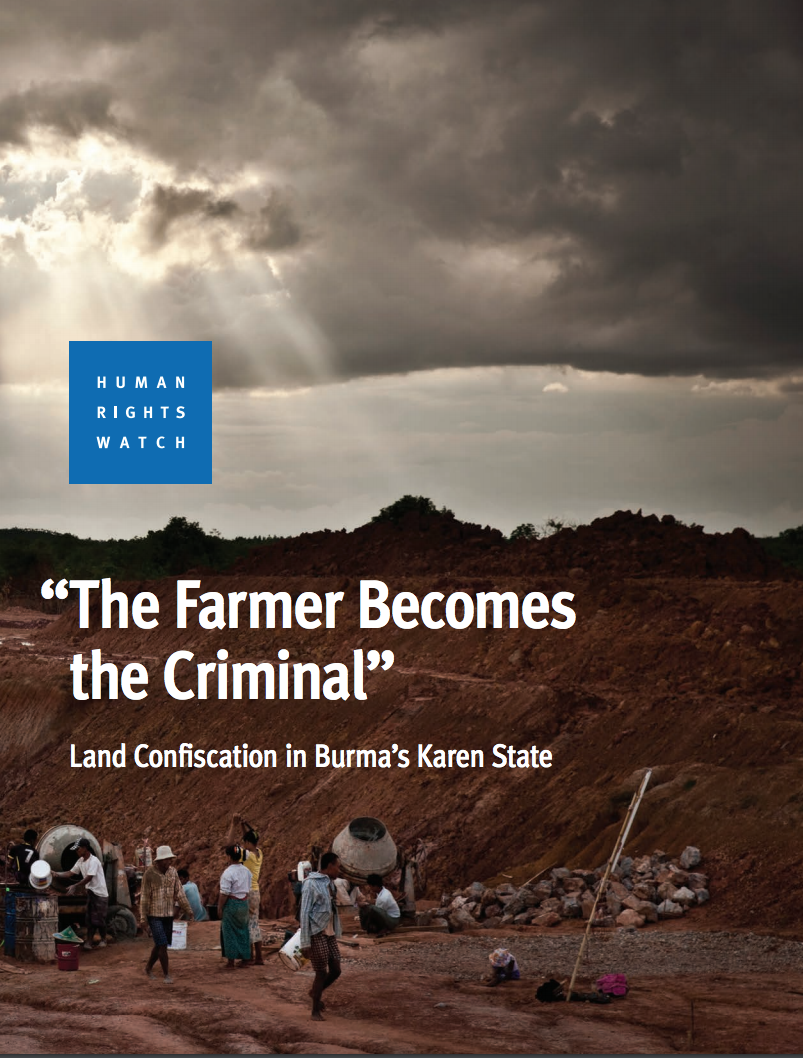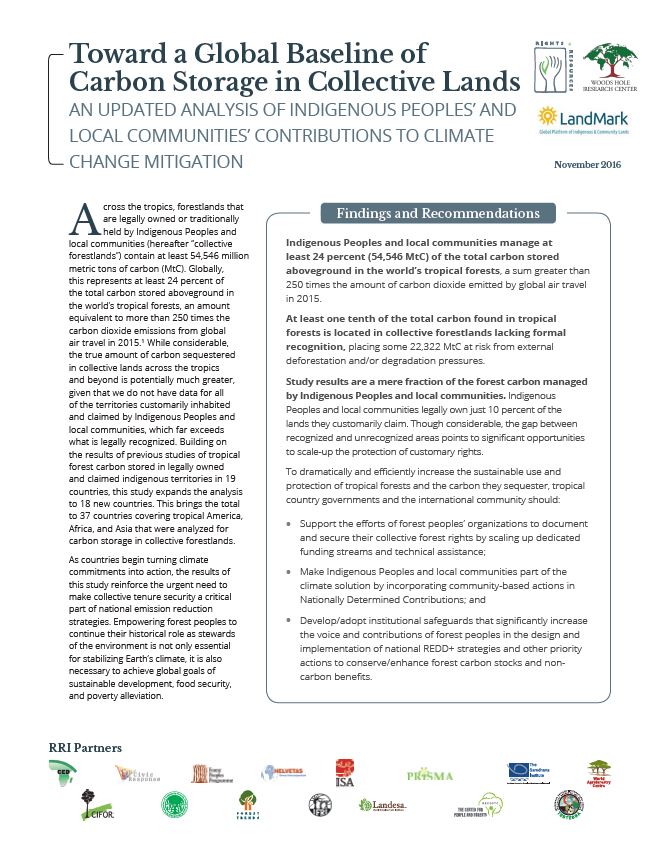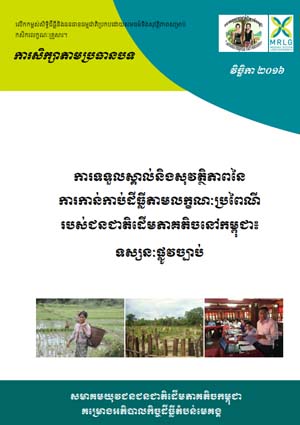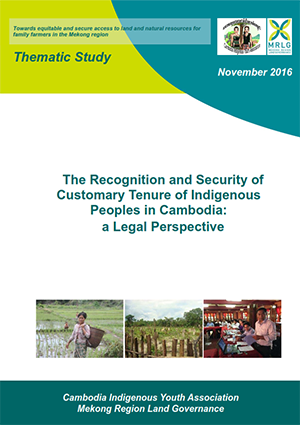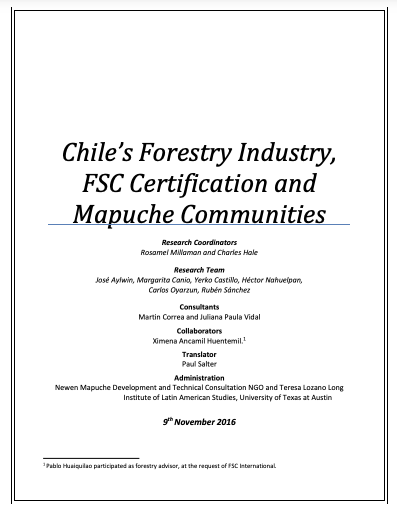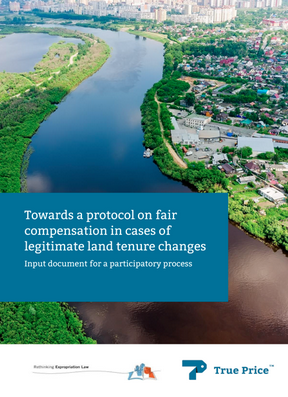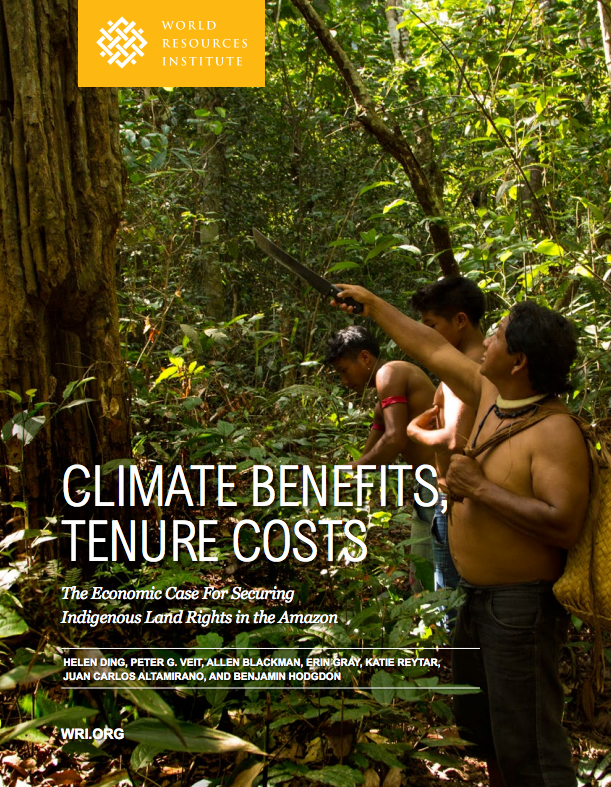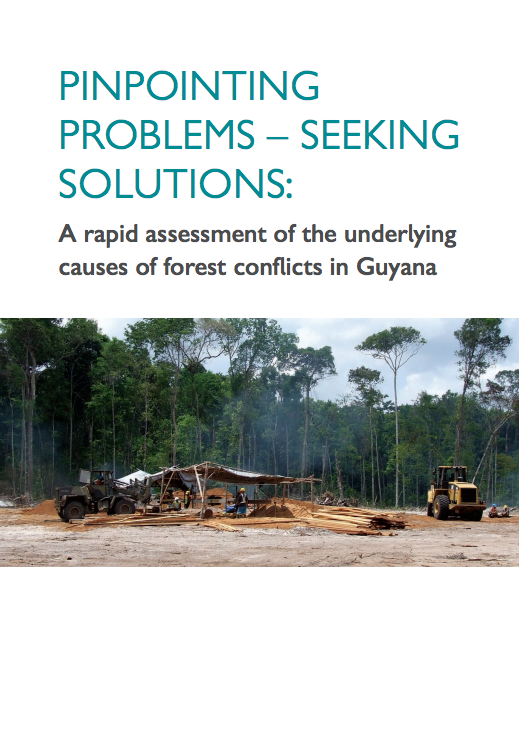“The Farmer Becomes the Criminal”
In Burma, where 70 percent of people earn a living through agriculture, securing land is often equivalent to securing a livelihood. But instead of creating conditions for sustainable development, recent Burmese governments have enacted abusive laws, enforced poorly conceived policies, and encouraged corrupt land administration officials that have promoted the displacement of small-scale farmers and rural villagers.

